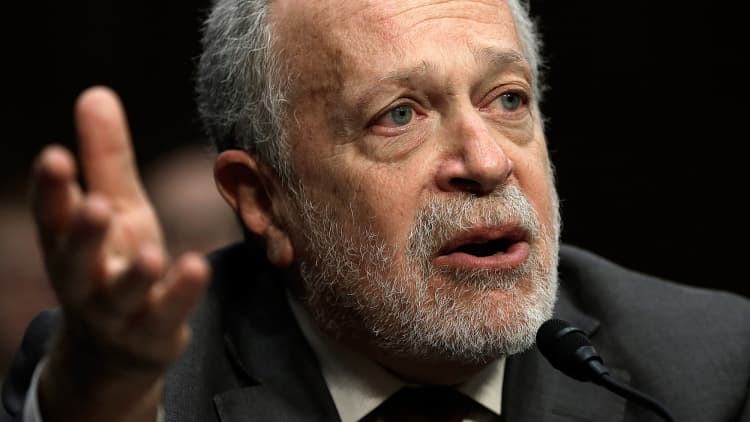Politicians and economists are calling for major infrastructure projects, some akin to the New Deal, to help get the U.S. economy back on track after the coronavirus recession.
With the Pew Research Center finding that 87% of U.S. adults feel the internet has been either "essential" or "important but not essential" to them during the pandemic, former Labor Secretary Robert Reich is calling for the U.S. government to make sure that everyone is online.
"We're in an intangible economy that has a lot of public goods attached to it that we are still treating as if they are private investments, such as all of the Internet connections we need," he said.
Reich went on to say that the pandemic has amplified the growth of this "intangible economy" but we are leaving many people behind. The lowest income earners who cannot afford laptop computers could be in the same group working outside the home at restaurants and providing essential services.
"I worry frankly about them, their incomes, their health, being outside the mainstream economy," Reich continued.
The Pew study found that 54% of Hispanic U.S. adults were worried about paying the broadband bill for their homes, compared to just 21% of White adults.
Reich thinks the government should make every effort to give children and students the hardware they need by creating room in state and local education budgets. Otherwise, he sees the potential for an educational backslide.
"It really is going to be a backslide for millions of children who can least afford it," he said.
Reich thinks the federal government has a role to play in fighting this educational gap as well as ensuring that all Americans have access to this growing intangible economy. In contrast, the same Pew research survey mentioned above found that over 60% of U.S. adults did not think the government is responsible for ensuring connectivity for all.
Watch the video above to hear the interview with Reich.






